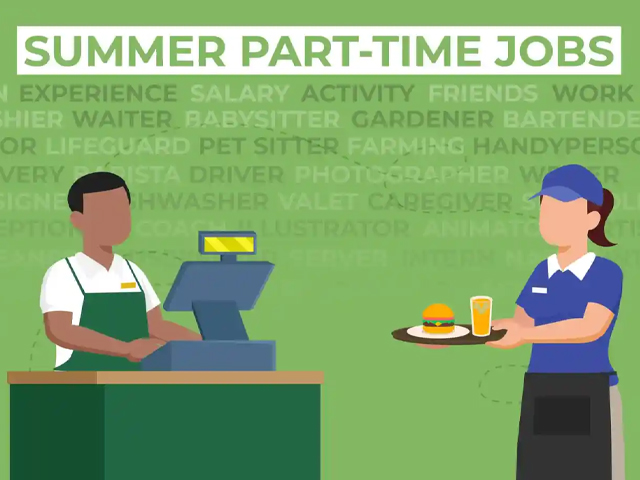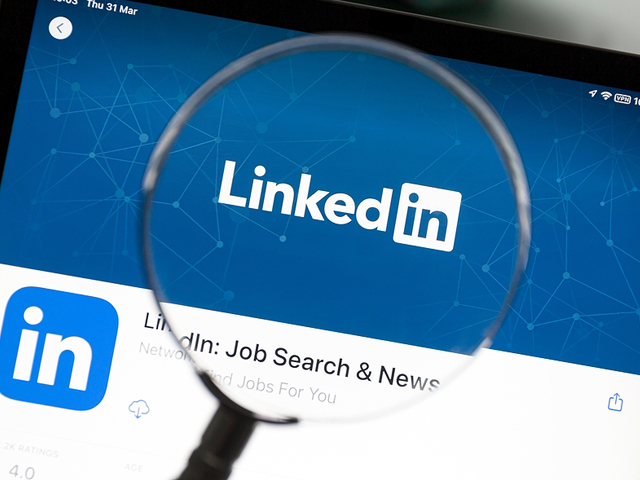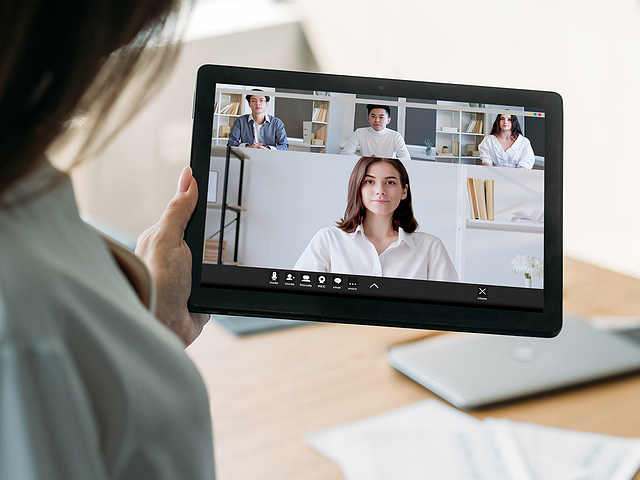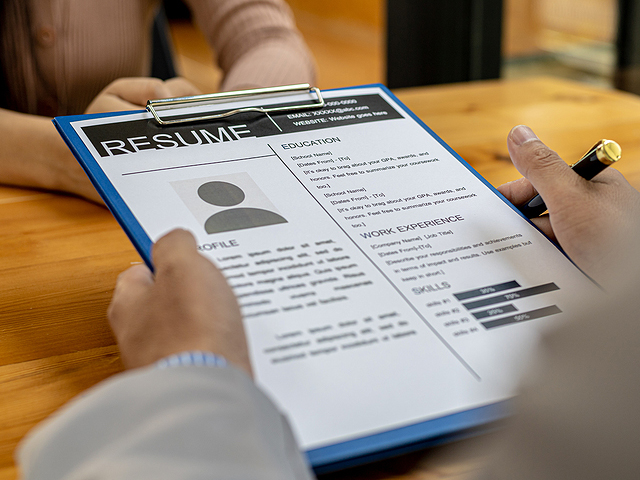
It is exciting to pass the initial phone screening and be invited for an interview. You leave feeling accomplished and ready to tackle the job because you know you aced the first step. Now what?
If you are waiting by the phone or checking your inbox constantly to see if anyone is contacting you, you can easily become discouraged and doubtful. Understanding how to professionally follow up post-interview is essential.
Don't Get Stressed Out
The thought of following up can seem a bit intimidating, but don't overthink it. There is a fine balance between professionally reaching out and not coming across as a pest to your hiring manager. You get to use this opportunity to showcase your interest in the job.
Even if this position is not the best suited for you and your skills, you are demonstrating enthusiasm that may be ideal for upcoming roles in the future. These are some of the reasons that taking the time to follow up after the interview is essential.
Here are some tips to help you effectively follow up after your next job interview.
Ending Your Interview
When your interview is over, find out what the next steps are by asking. Typically, the hiring manager will have a timeline of when their interviews end and when they need to decide. You should be able to expect to hear back from them at a certain time.
A common response is "We plan is to decide on our candidate in the next 2 weeks." Mark the date on your calendar and if seventeen days pass, it is wise to reach out to the hiring manager for an update.
A Succinct Email Is the Best
Be concise with your email check-in. Something like the following is all you need to say:
I hope this email finds you well. I am checking in to see if there is any update as you mentioned the team would be making its hiring decision within the next two weeks. If you have any extra questions for me that I could answer to help you conclude the decision process, please don't hesitate to contact me. I look forward to speaking with you again soon and hopefully, fulfilling this role. Thank you kindly for your time.
24 Hours After the Interview
A day after your interview, send an email to each person that you met to thank them for taking the time to speak with you. This is a great chance to showcase your enthusiasm for the position. If you had any bonding characteristics during your interview, you could note that in your email. For instance, if you spoke about sharing an alma matter or enjoy reading the same writer, etc. Use these details to help you stand out above the crowd.
Did You Forget To Mention Something Important?
If you forgot to mention something important during the interview or prefer to elaborate on a certain question that was asked, this is another opportunity you can utilize. Sometimes, a day after you think of great things you wish you would have shared but missed due to nerves, etc.
Don't Be A Pest
When you check-in, don't pester the hiring manager about making a decision. Showcase the value you bring across different networks, whether it is on the job or elsewhere.
The First Weeks after the Interview
Once you have sent your initial "thank you" email and followed up, you may decide to check in periodically. Instead of sounding like a desperate, broken record and repeatedly asking, "Have you decided on who you are hiring yet?" You can utilize the following tactics to gain leverage in the conversation.
When Congratulations Are In Order
Sometimes, there is exciting information published about the company. Maybe, the hiring manager has recently been promoted and since you follow the company on social media, you heard the good news. Offering congrats can be a legitimate way to keep in touch.
Sharing Content
If there is an article that you think your hiring manager might find interesting, you may decide to send it in an email. You can mention why you forwarded this article to them if it is relevant.
How to Respond if you Don’t get the Job
If you hear back and find out you are not the hired candidate, consider asking the hiring manager for feedback. They may be able to offer you details regarding why you were not offered the job. This advice will be helpful for future job interviews. It can help you improve on certain levels and build your professionalism. You can end the conversation by saying, "Please consider letting me know if you feel that I may be a great fit for any future roles. I am extremely interested in being a part of the team."
Always be professional when you are corresponding and speaking with the hiring manager. You want to be respectful and courteous at all times. It is important to put some thought into your correspondence instead of sending a hasty note from your iPhone. Leave the impression that you respect the hiring manager's time and that you take the hiring process seriously.











